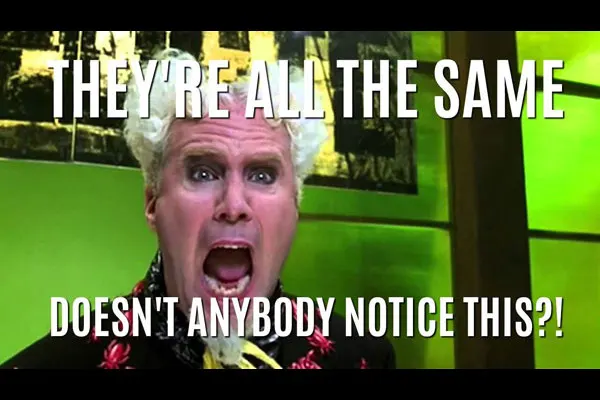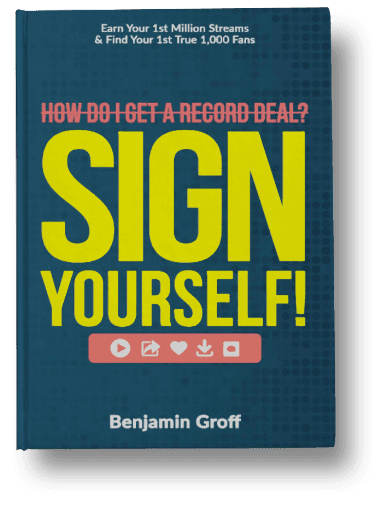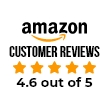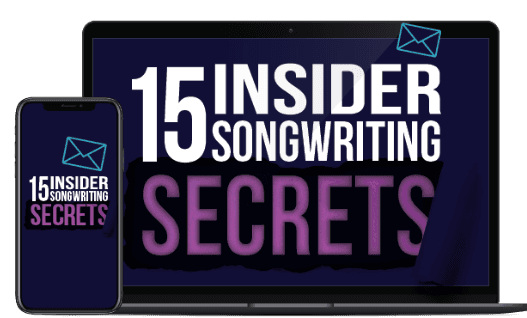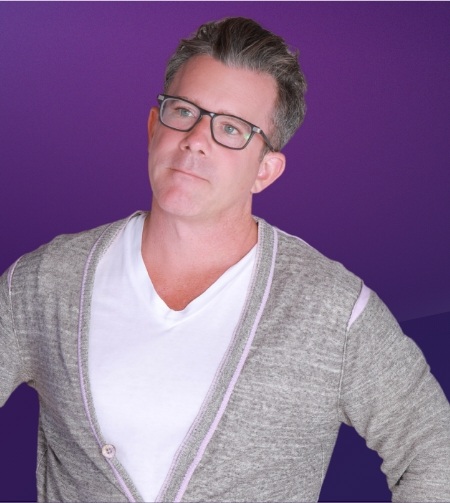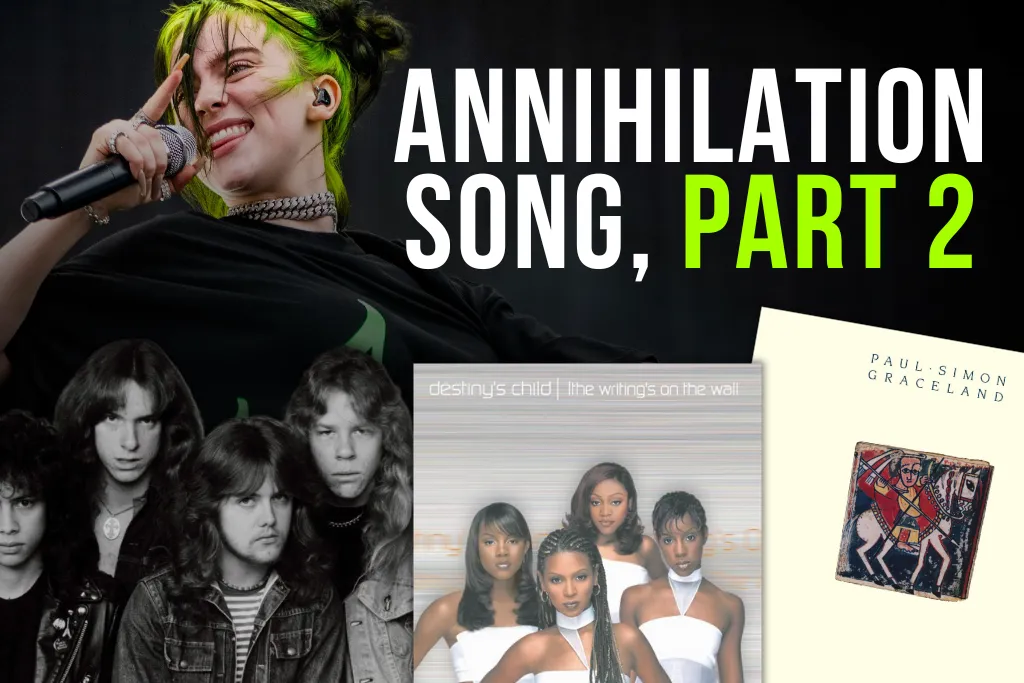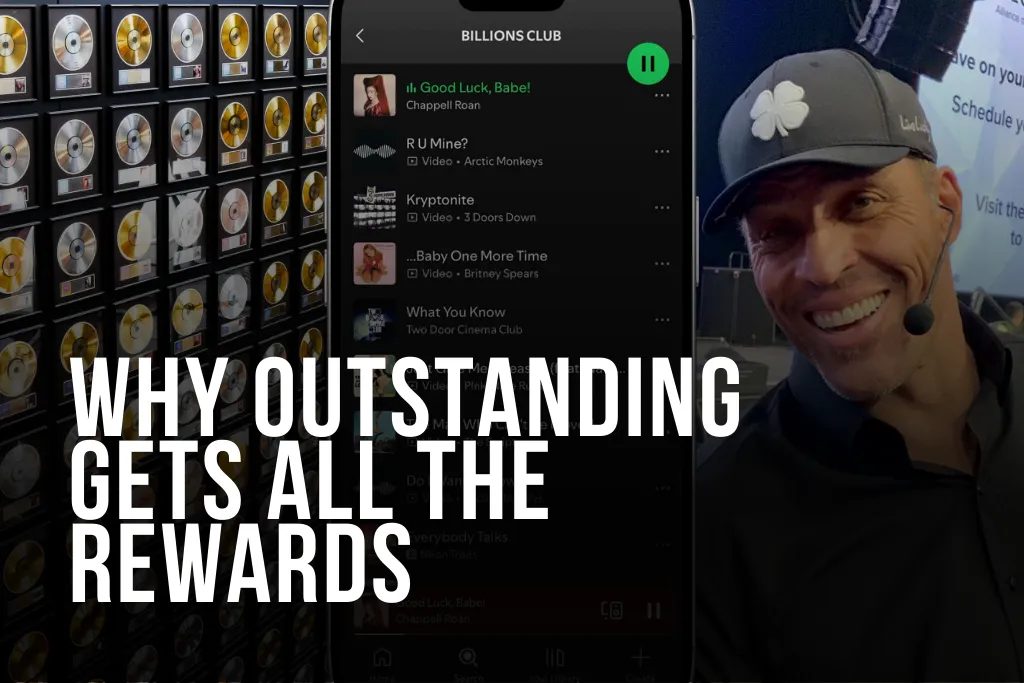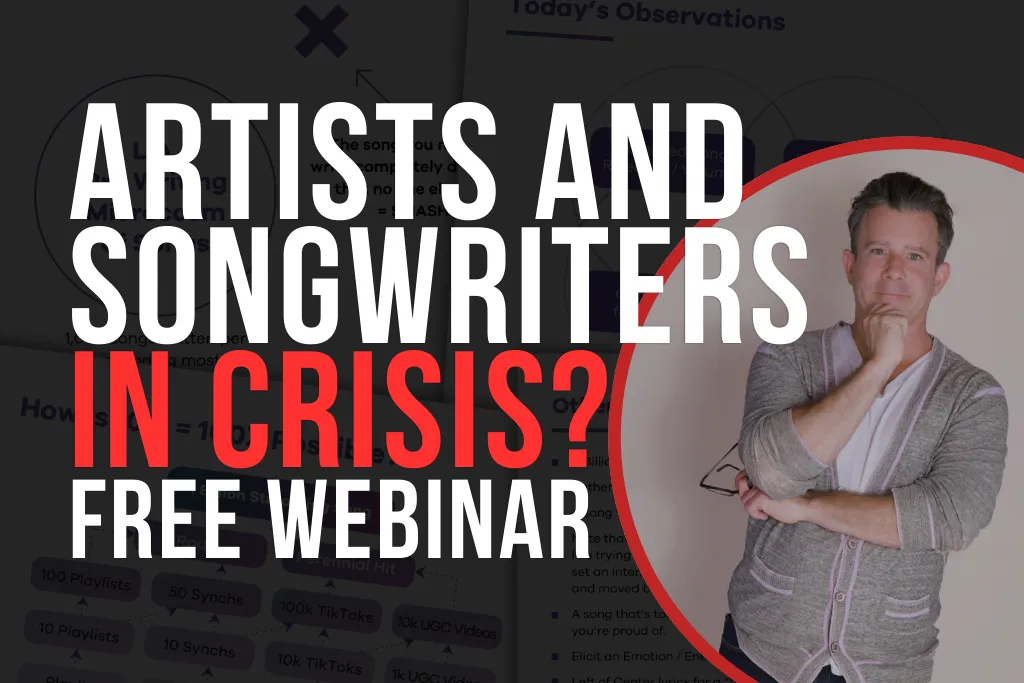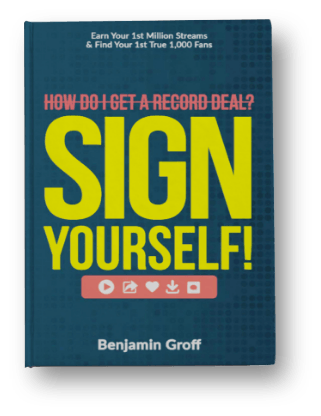I noticed something today going through my Soundcloud feed. As many of you know I have an endeavor I’ve been working on for years called www.WeAreTheGuard.com, where the sole mission has been to filter the internet for the best new music on a daily basis.
As part of this process, I’ve maxed out my Soundcloud account and follow 2,000 profiles (artists, blogs, labels, influencers), follow another 4,000 on YouTube, not to mention those we follow on Spotify, the industry “word on the street,” etc. So I would say, the team and I on average listen to about 150 pre-filtered songs collectively a day … easily.
And only today, I came up with this mini realization.
They All Speak The Same Language
Pretty much everyone (except the ones really crushing it) is speaking the same language and the same “petri dish” of: harmony, melody, production etc. Meaning, these days to me, most people just are not standing out. Let me explain.
This may not be the best analogy but remember when you heard someone speak a different language for the very first time? Growing up in rural Amish country … I think I was in a subway in New York on an elementary school class trip. I heard someone talking something different than English and was like, “Whoa, what’s that?” 100% immediately demanding my attention, interest and fascination.
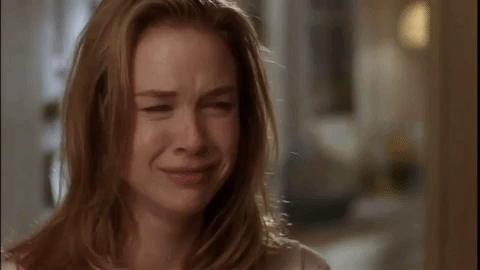
Or as another example, I guarantee that if you walked through Times Square at quarter of the speed of everyone else or walking backwards in a gorilla costume or wearing speedos in January, or doing jumping jacks to get from point “A” to point “B” you’re going to get immediately noticed and may even create a crowd or have some police officers asking you for ID…right, Mr. Naked Cowboy?
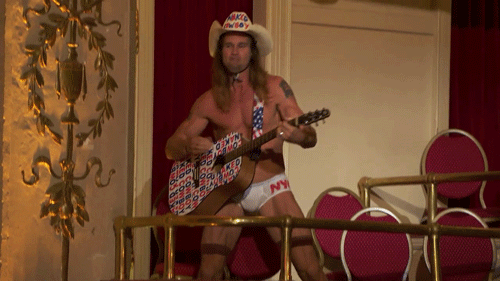
Why More Songwriters Don’t Stand Out
So if this is true, when it’s obvious that speaking a different language (i.e. a different song language too) … will get you immediate attention … why is everyone speaking the same language or pretty much doing everything in a “safe space” (No, not you, SJWs!).
My thoughts on that:
- These days, no one knows you can do something different. i.e. as far as knowing other vocabulary. If you don’t have a word in your vocabulary…are you going to use it? In other words, if you don’t know you can use a diminished seventh chord … are you going to use it? Or if you haven’t been a true student of the great songs that have come before you (standing on the shoulders of giants)…are you going to know that you could “say” “A,” “B” or “C?”
- When you are limited to what Abelton can do and patterns, patches, drum sounds there, etc. that everyone else has … how can you sound different? Same thing with production. If everyone has access to the same stuff … how are you going to stand out and get your music heard?
- Most importantly though…i think it’s this. If you want the real truth. It’s easy and safe and actually, biologically in our DNA to NOT do dangerous, inventive or WTF type of work. Having dangerous and crazy ideas…historically, spanning millennia (i.e. 10,000 years ago) could get you labeled a heretic, banished by the tribe to die in the forest. It’s what Seth Godin calls “The Resistance.” It’s safer to not do anything risky because even 500 years ago doing risky and different things could literally get you killed. And guess what? Our human brains haven’t gotten an upgrade for tens of thousands of years. We still carry a “baked in” fear of doing something different…to avoid that as a means of avoiding pain (or even death!). Even writing this piece challenges the “resistance” and survival mechanisms and questions i.e. “are people going to think this is lame,” “does writing this come off like a know it all,” yada, yada. On that note…see below for a great explanation of “the resistance” from my main man, Seth Godin.
Seth Godin: Quieting The Lizard Brain
Songwriting Exercises: Speaking A Different Song Language
Anyway, let’s get to the crux of the post. If you agree that speaking a different “song language” or “production language” can get you immediately noticed, how about trying some actionable songwriting exercises below:
- Write a song in a Mode (Dorian, Lydian, Phrygian, etc.).
- Write a song at a crazy tempo like 150-160 BPM.
- Write a song with no chords (it’s worked out pretty good for some people…see the playlist below).
- Make up new words / create a new language.
- Make a beat using trash cans, pots, i.e. use things that aren’t instruments and turn them into instruments.
- Mash up some genres that shouldn’t go together.
- Bring someone in your circle 180 degrees for the session from what is comfortable or expected.
- Can you create the “what the hell was that” genre.
Just a few ideas.
In other words, do something different than no one else is doing, and guess what. No matter the quality of your finished song or piece, since you’re speaking a “language” different from everyone else it’s going to get immediately noticed for better or worse.
During this process you might hear some negative self talk come up. That’s part of The Resistance! For instance, “No one is going to want to hear a Tuba on a Trap Beat” “No one’s going to dance to a song in 5/4 time signature.” “That’s a ridiculous idea…” etc. Well, something I’ve learned over the years is, when you hear that “resistance” voice speak up…that’s actually the things you should run towards. In other words, “Great things never came from Comfort Zones.”
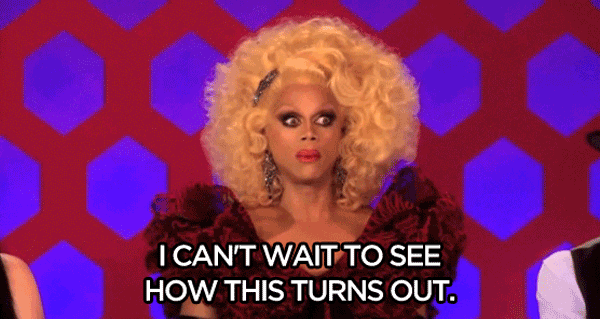
Anyway…let’s say you make that different “song language” song…completely unique that stands out. Now, that finished song might be (or probably will be) very specific … if you’re a songwriter, writing for other artists, maybe only 2-3 key artists in the world could do it. If you’re an artist…good news for you. No one’s going to sound like this! And that’s good! That crazy dangerous beautiful inventive song and production you made could be the one that becomes a song of the year, or a song that is so special, it gets played on the radio still 10 years from now. And we all want to write a classic, right? And you know what…if no one ends up dancing to your trap beat in 5/4 time signature…that’s OK too.
The important thing is to move the needle and stand out to get your music heard.
So on that note, I’ve taken the liberty to share some “different language” songs…with some notes on each. Notice also that most of these songs are classics.
Different Language Songs Playlist
- Beatles – “Eleanor Rigby” (written in Dorian mode – also an uptempo song with no drums)
- Queen – “We Will Rock You” (no chords for most of the song, amongst other signature different song language). Also in the words of Steve Lindsey…all songs are either “war chants” or “fertility dances.” This is a war chant!
- Missy Elliot “Work It” – (and what language is she actually singing?)
- Van Halen – “Eruption” (this was the breakout track for Eddie Van Halen. “Tapping?” What’s that? It was such a secret language and new way of playing guitar that Eddie for many of the original Van Halen shows played with his back to the audience to keep the “secret” of his new sound…but of course “tapping” has been around for hundreds of years in the classical guitar world.)
- Bee Gees – “How Deep Is Your Love” (amazing, sophisticated chords — maybe it wasn’t a different language song in the 70s, because so many songwriters and musicians “knew” these chords and language…but how many professional songwriters can write these chords today and can speak these chords?)
- Prince “Kiss” (how many blues songs do you hear on the radio these days? Yes “Kiss” is a basic blues standard format!)
- Snoop – “Drop It Like It’s Hot” (using the mouth as an instrument)
- Kenny Rogers “The Gambler” (a story song – you really don’t hear these kind any more these days. Oh also this song upwardly modulates like 3 times from start to finish.)
- Migos x Gucci Mane “Slippery” (yah, the mumble rap genre is a literal different “song language” than everyone else!)
- Styx “Renegade” (a hymn gospel turned rock epic structure)
- Ricky Martin “Livin’ La Vida Loca” (this may be considered these days to be a cheesy song but when it came it out it was super alternative …definitely it was a 100% a “what the hell is this” …. “who the hell is this?” type of song in the context of what was being played on radio at the time.)FREE NEWSLETTERUnlock Insider Secrets of Songwriter and Artist Success.
Stay up to date on must read, new articles, courses and special offers.
- Gnarles Barkley – “Crazy” (same as the Ricky Martin song to me. Instantly a different language than everything else, mixing Italian Spaghetti Western Soundtrack vibes with Danger Mouse / Cee-Lo modern indie crossover styles)
- Pharrell “Happy” (how many gospel call and response songs have you heard on the charts lately … besides this one?)
- Beyonce – “Bootylicious” (Beyonce comes up with a new word)
- Rihanna “Love on the Brain” (a 60s style song for Rihanna and to be on the charts is definitely a different language song for the times.)
- QT – “Hey QT” (the pitched vocals / PC Music style has kinda yet to become the breakout genre I thought it would be, but “Hey QT” was the first 1 or 2 songs I heard from genius, SOPHIE that made her a must sign for me.)
Speaking of Prince earlier, any early Prince song where he used the Linn LM-1 Drum Computer is a “different language” song. That was a totally new machine that Robert Linn (at least the story I heard), apparently was super smart enough … to get in the hands of a few handpicked people…and one of them was Prince. Prince was immediately different, not just because he was a genius, but he also had new sounds he created on this machine that no one had ever heard before.
I could go on … but Ghost Adventures is coming on soon and I have to tune in.
So, in quick summary, speaking a different language than everyone else is speaking is ground zero of songwriting tips, and an essential part of the definition of being signature. Sometimes those different language songs end up becoming perennial classics, as well as instant gratification songs. Best of Both Worlds!
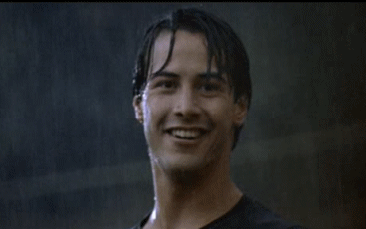
Before I forget…I wanted to say a BIG shout out and thanks to the “really good” but “same language” stream of the 50 average songs in my Soundcloud feed today that inspired this post. Don’t be one of those.
And hopefully, sending out some emails like this is also a “different language” that not many other publishers are speaking to writers and artists! : )
Tx,
Benjamin.
